Kurdish-led SDF forces reject legitimacy of new 'transitional government'
The so-called Syrian Democratic Forces (SDF), a US-sponsored, Kurdish-led militant group, has rejected the legitimacy of the "new transitional government" in Syria, saying it fails to reflect the diversity of the country.
The SDF made the remarks in a statement on Sunday, a day after Abu Mohammad al-Jolani announced a new transitional government that replaced the caretaker authorities in place since the overthrow of former President Bashar al-Assad.
“Any government that does not reflect the country’s diversity and plurality cannot ensure proper governance of Syria,” the SDF said.
“As a result, we do not consider ourselves bound by the implementation or enforcement of decisions made by this government,” it added.
On Saturday, Jolani swore in a new transitional government dominated by close allies, nearly four months after the fall of President Assad’s government.
"The formation of a new government today is a declaration of our joint will to build a new state," he said in a speech at the presidential palace as the ministers were sworn in.
The 23-member cabinet, which is religiously and ethnically mixed, includes one Kurdish member who is not from the territory under the control of SDF forces.
Last month, the SDF struck a deal to integrate into state institutions, with the Hay’at Tahrir al-Sham (HTS) administration seeking to unify the country after more than 13 years of conflict.
The latest announcement, initially scheduled for earlier this month, comes amid international calls for an inclusive Syrian transition following the recent mass killing of civilians, particularly among the Alawite religious minority, in the conflict-ridden country.
Jolani, the commander of the HTS militant group, was named the country’s new “president” for a “transitional period” in January, igniting fierce criticism, with many calling it a blatant violation of constitutional principles.
On December 8, militants, led by the HTS, took control of Damascus and declared an end to President Bashar al-Assad’s rule in a surprise offensive that was launched from their stronghold in northwestern Syria, reaching the capital in less than two weeks.
The HTS administration has repeatedly claimed it would respect the rights of all sects and religions in Syria.
The situation, however, remains very fluid and fragile, with a potential risk of further clashes as sectarian sentiments continue to boil over amid the ongoing political instability and pressures on minority groups.
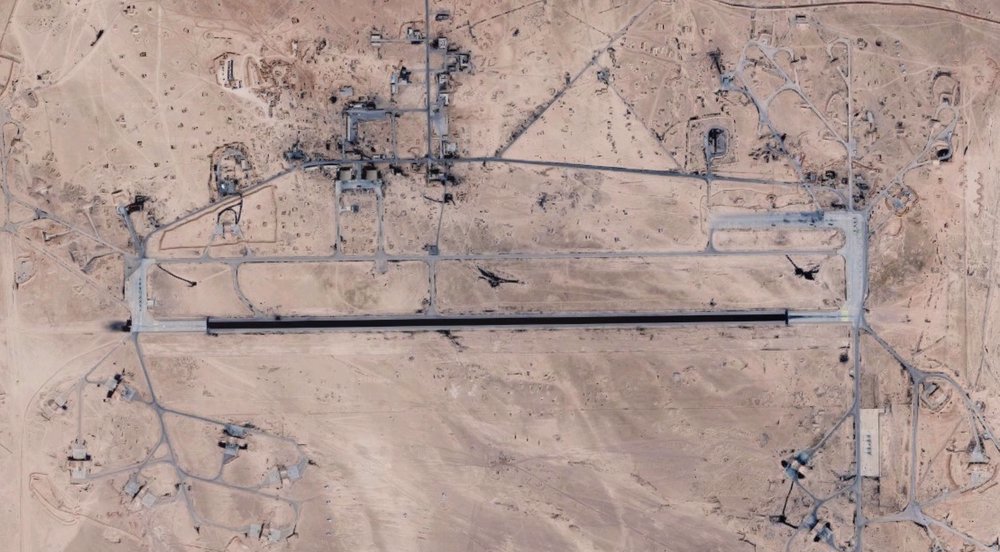
Turkey readies plans to take over Syria’s T4 airbase: Report
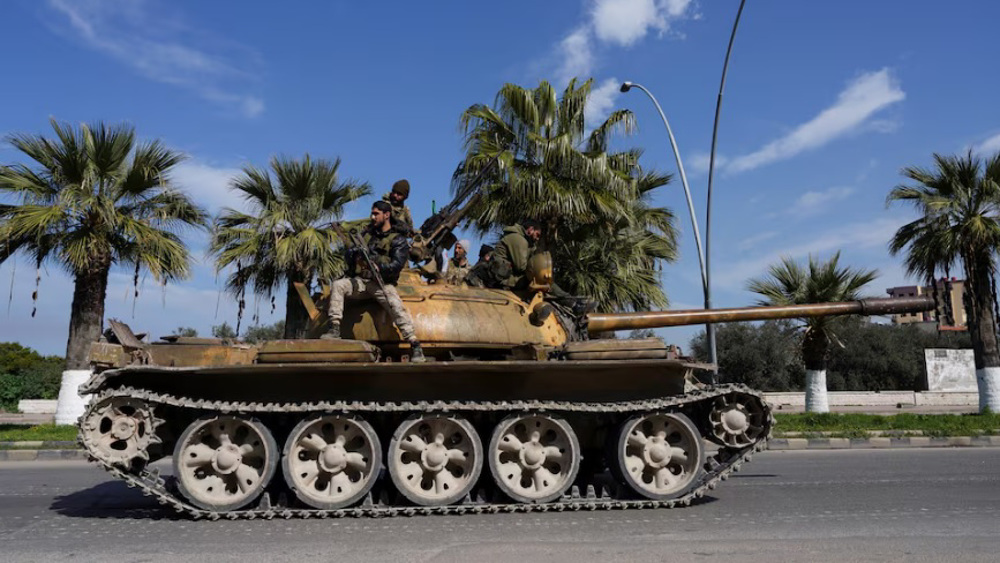
Gunmen kill 12 civilians in western, central Syria on 1st day of Eid al-Fitr
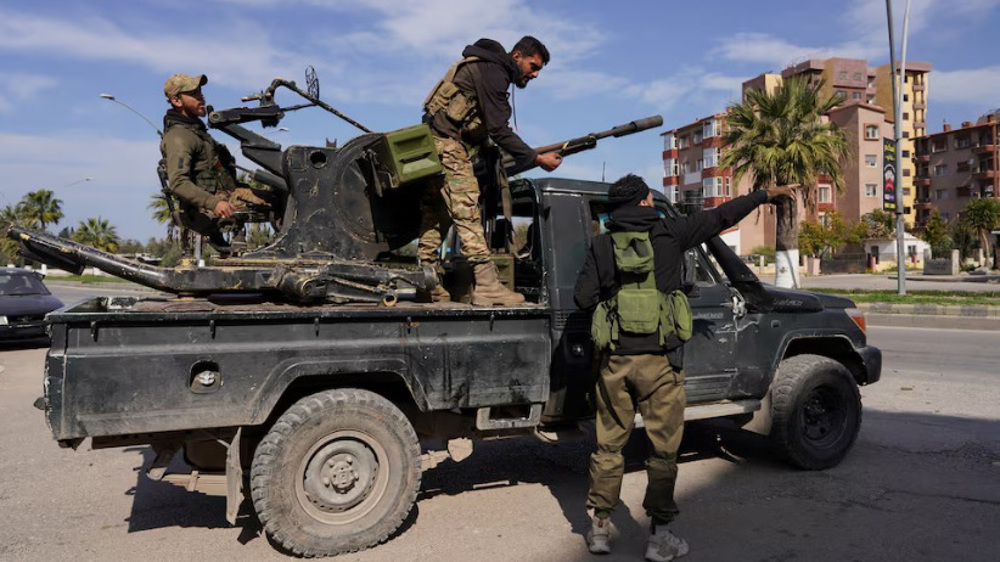
US embassy in Syria tells Americans to leave, warns of increased risk of attacks
UN rights body demands Israel 'prevent genocide' in Gaza
VIDEO | Unceasing genocide vs. Palestinians
VIDEO | Iran's response to Trump's threat
US orders social media screening for student visa applicants to bar those critical of Israel
VIDEO | Iran marks anniversary of Israeli attack on embassy in Damascus
Hamas slams Ben-Gvir’s storming of al-Aqsa Mosque as ‘dangerous escalation’
Moving against global tide, Israel eliminates all tariffs on US goods
VIDEO | Press TV's news headlines


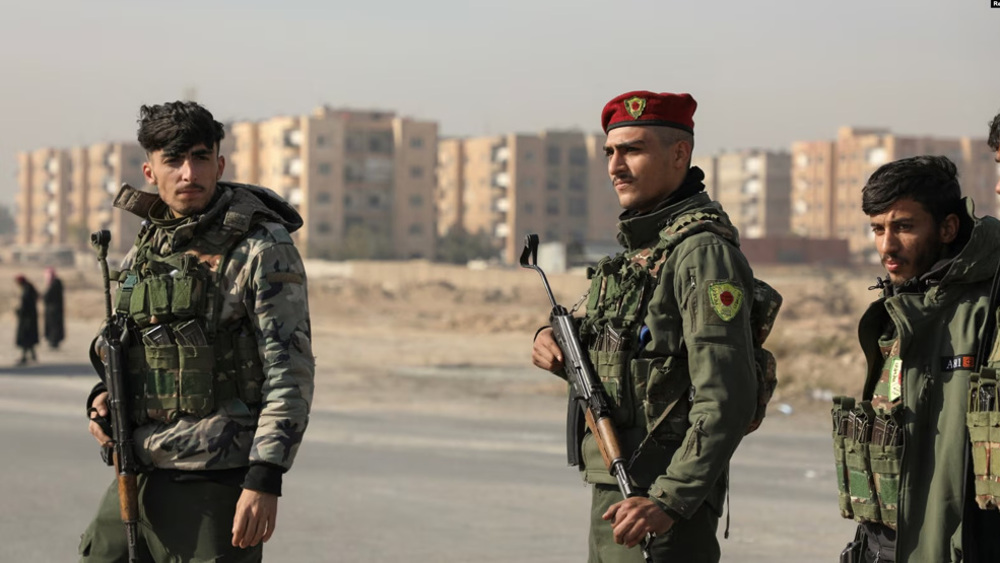
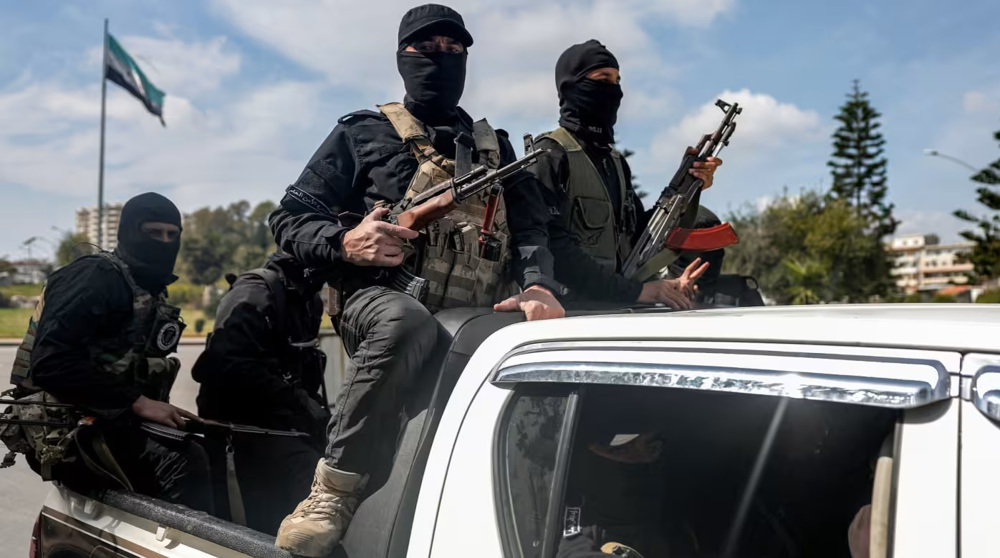
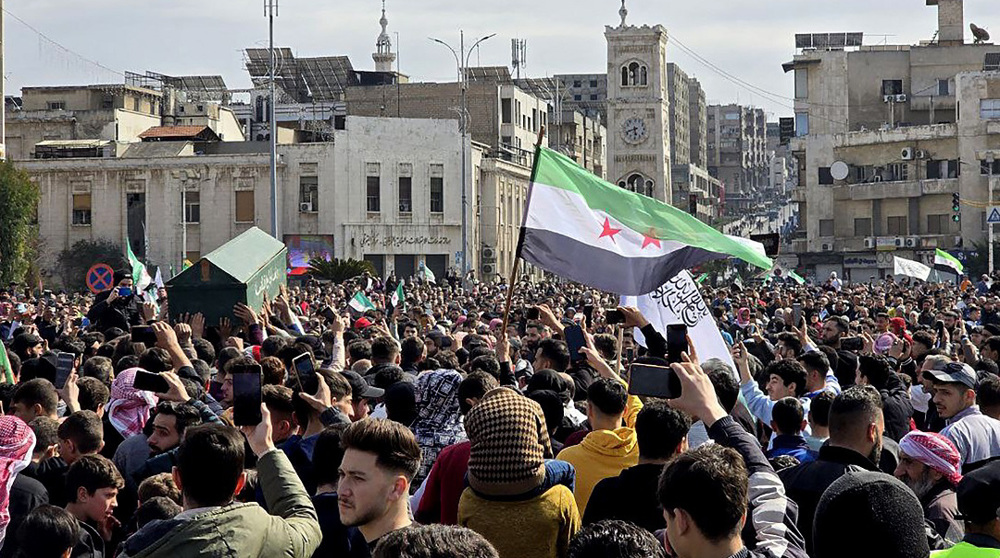



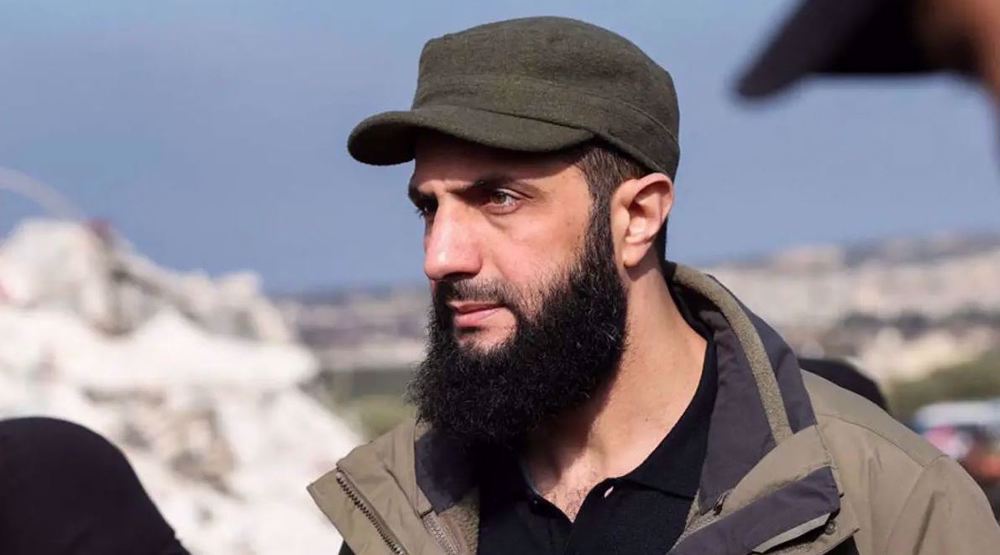
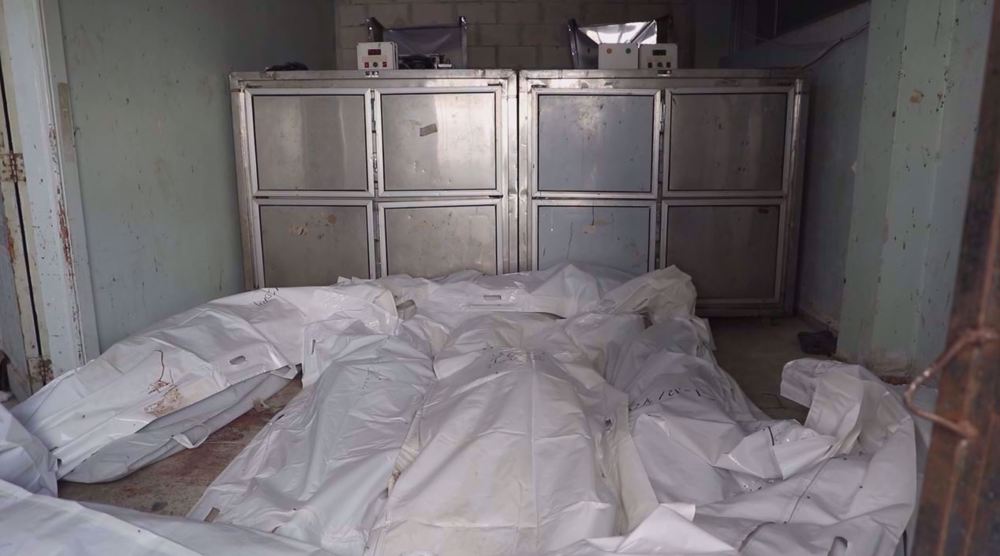
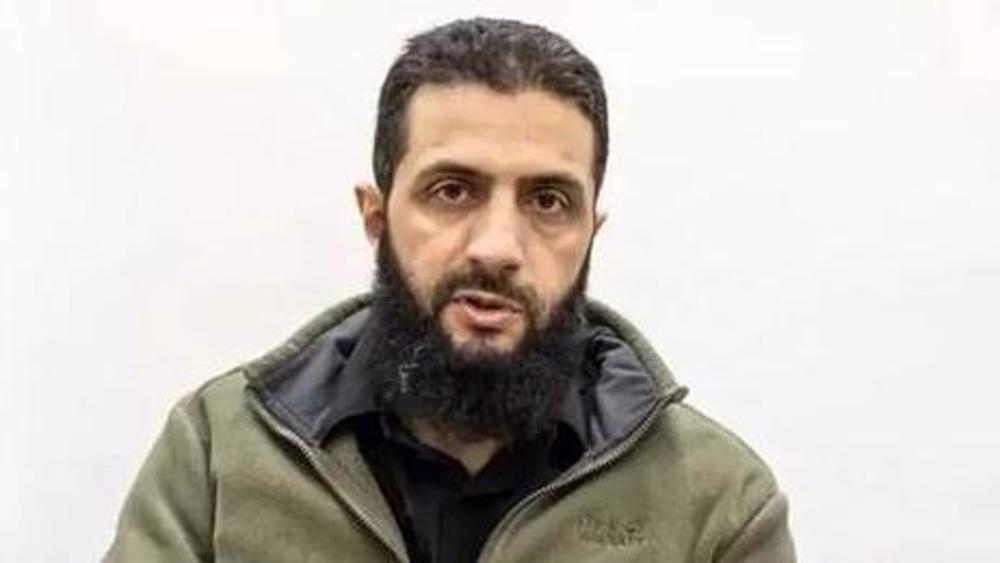

 This makes it easy to access the Press TV website
This makes it easy to access the Press TV website